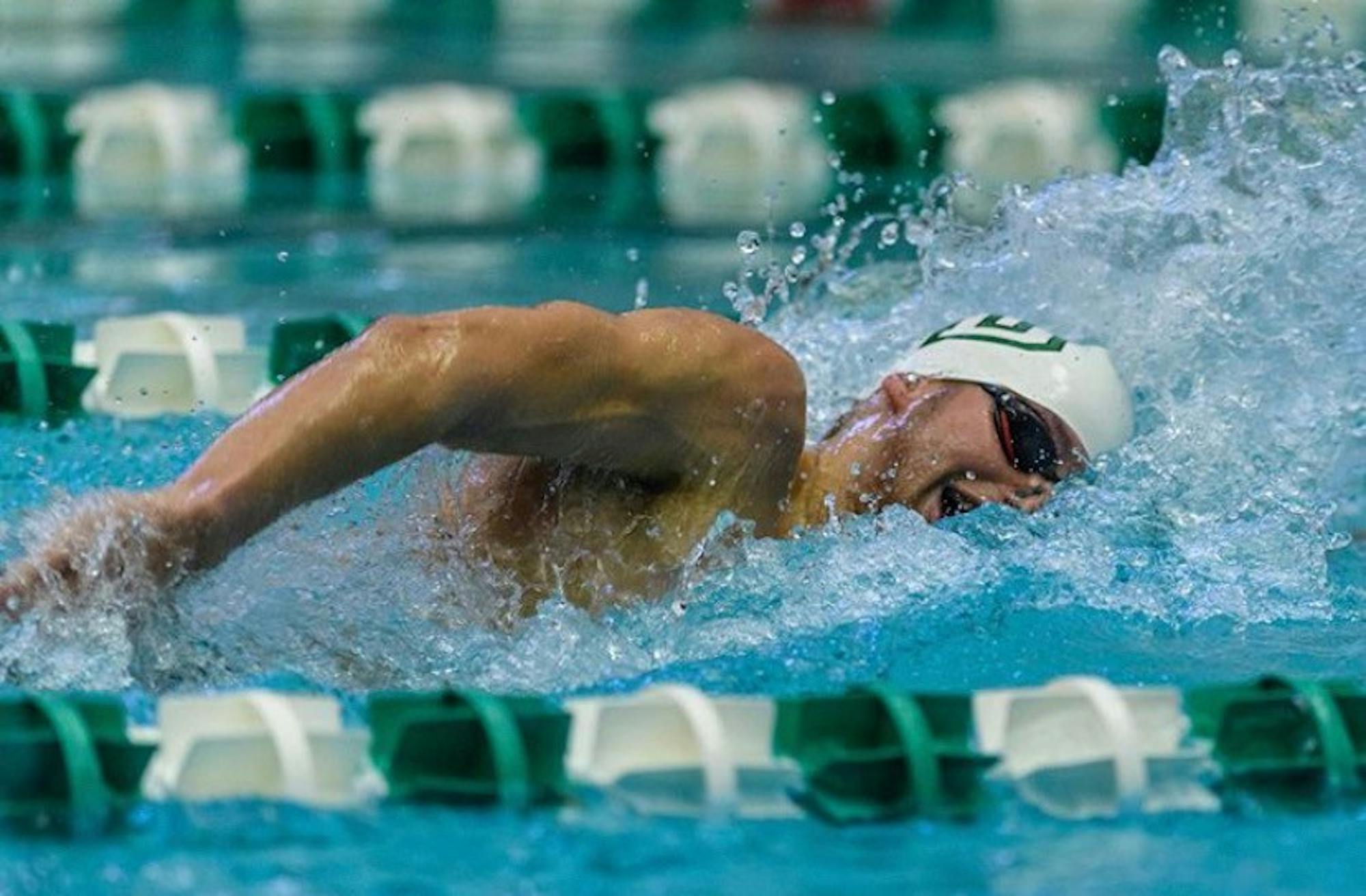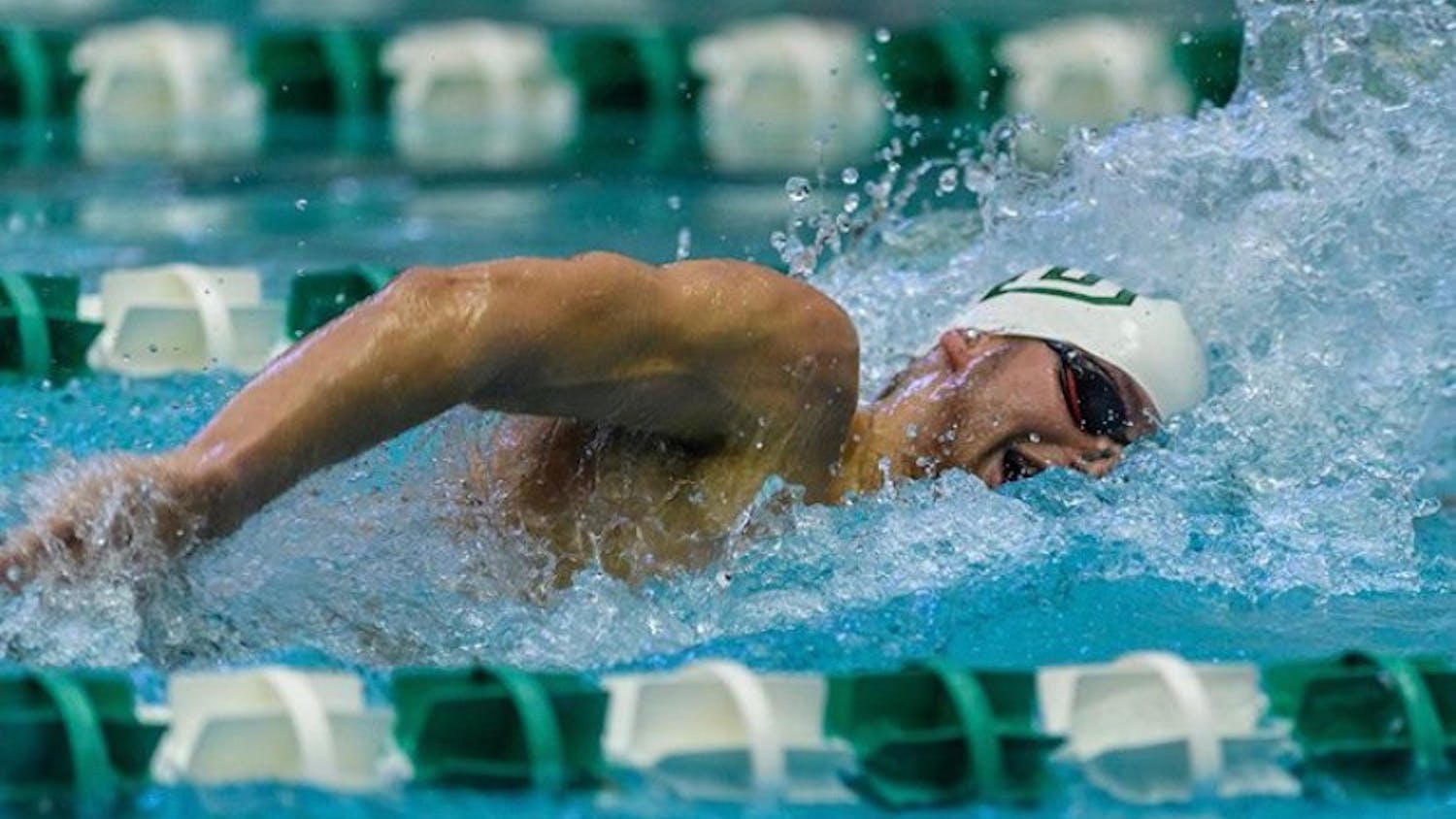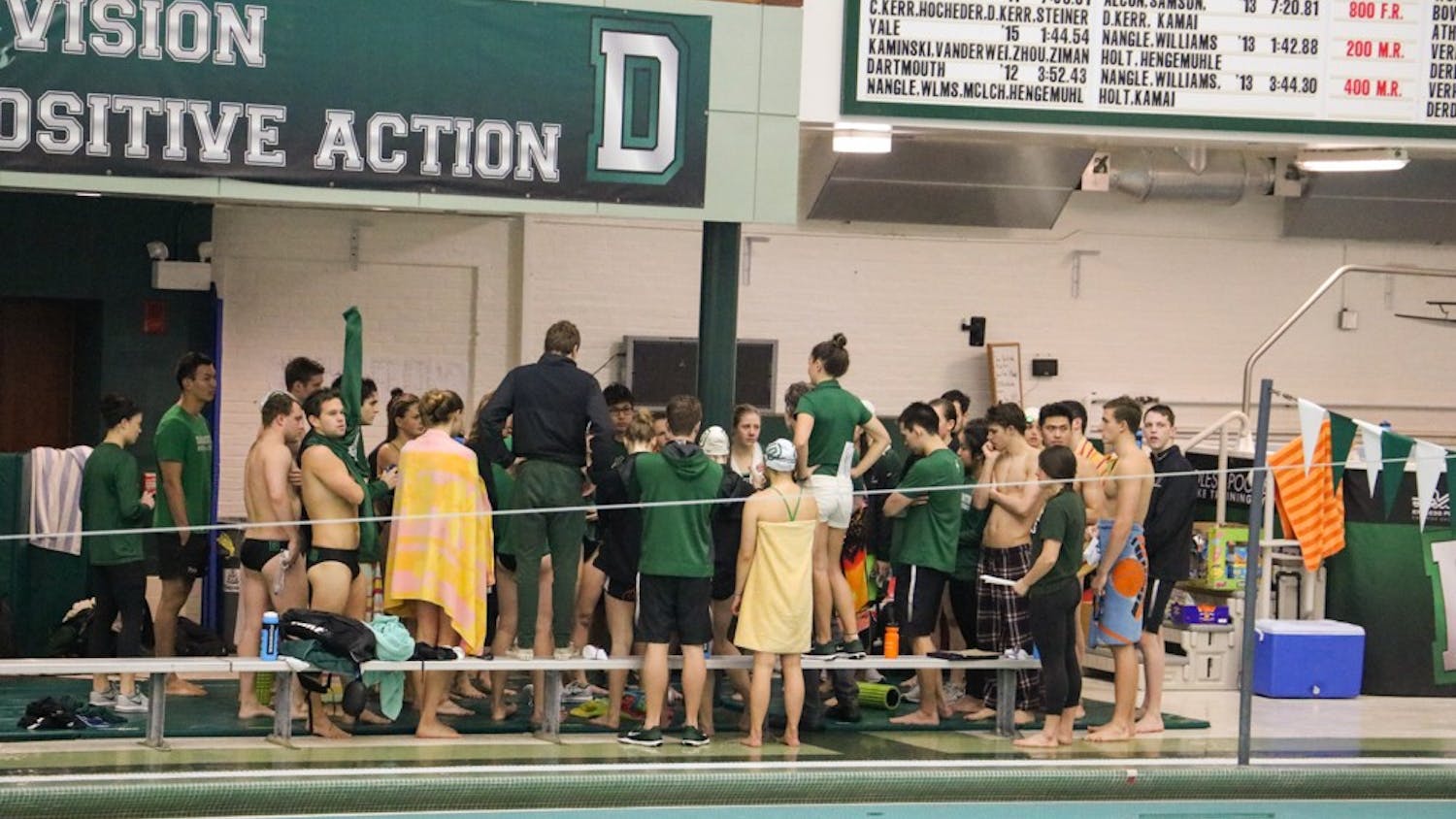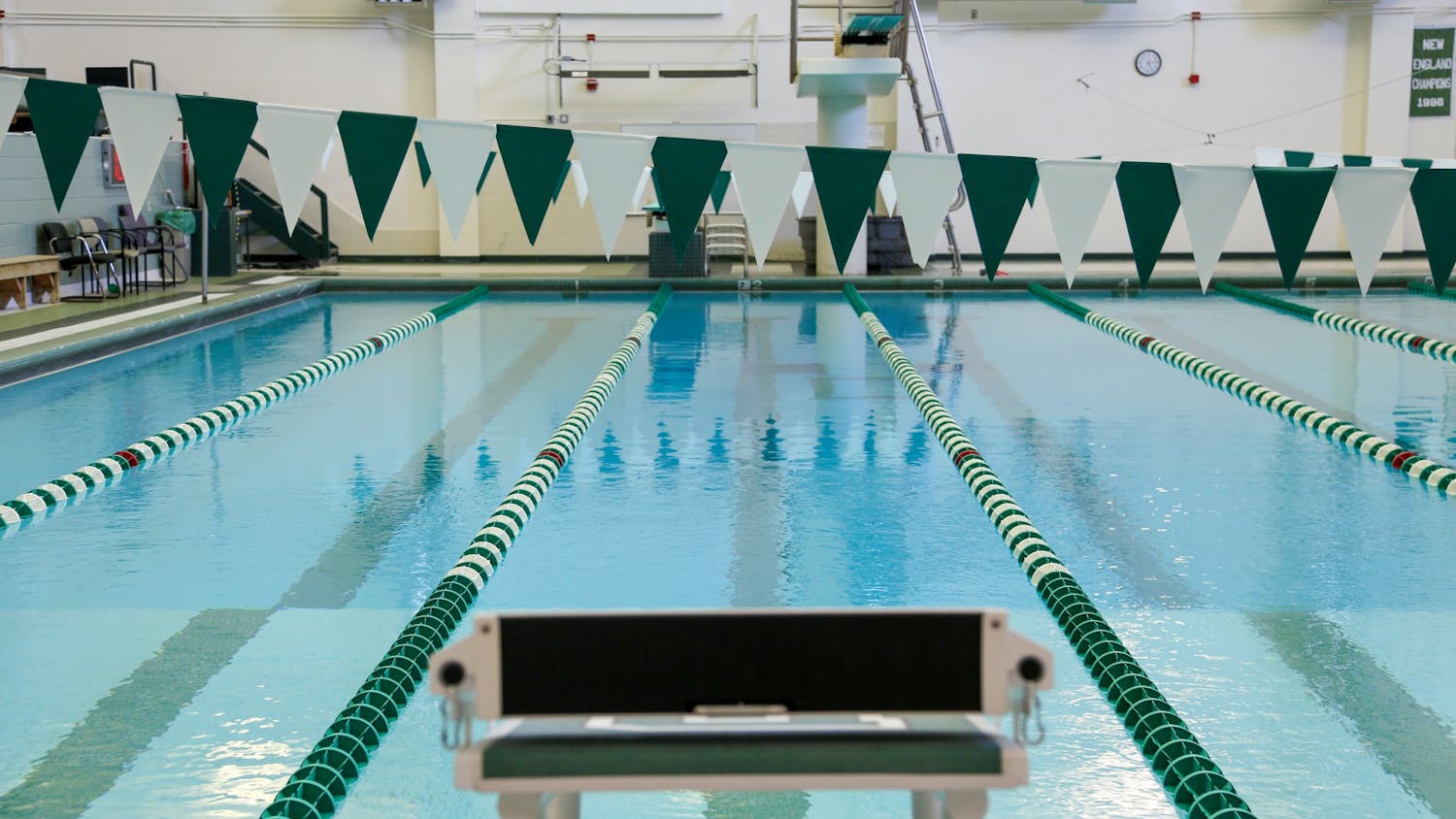In the wake of Dartmouth’s July 9 decision to eliminate five varsity sports teams — men’s and women’s golf, men’s lightweight rowing and men’s and women’s swimming and diving — affected student-athletes faced tough choices about their athletic futures. Though some teams have campaigned for reinstatement, athletics director Harry Sheehy indicated in an interview that these cuts would not be reversed.
Some student-athletes, including swimmer Connor LaMastra ’21 and golfer Kaitlyn Lees ’22, chose to continue pursuing their sports at other institutions. LaMastra transferred to Northwestern University, while Lees switched to Georgetown University. The exact number of student-athletes who transferred remains unknown because transferring students are not required to notify the athletics department of their decision, according to an email statement from associate athletics director for compliance Tiffani-Dawn Sykes.
Sykes wrote that all student-athletes on the discontinued teams are eligible to receive support from the athletics department, including resources from Dartmouth Peak Performance, until graduation.
She added that swimmers and golfers had the option of joining the club teams in those sports, though neither LaMastra nor Lees mentioned that option as part of their considerations. Both expressed a desire to continue to compete at the highest collegiate level. LaMastra, for example, said that he plans to attend the 2021 Olympic trials and that Dartmouth could no longer provide him sufficient opportunities to train and improve.
“Swimming is pretty much one of the biggest driving forces in my life,” LaMastra said. “It was just a choice between my friends and family at the place that I loved and being happy finding somewhere else where I could do the thing that made me get up in the morning. It was a horrible decision, but I knew I had to transfer.”
Lees echoed that sentiment, noting that athletics had become an integral part of her college experience.
“It was never really a doubt for me that I was going to do everything I could to keep competing,” Lees said. “... I think college athletics is so special, and my experience with my team members has been so special to me. I didn't want to give that up.”
According to Sykes, student-athletes who are interested in transferring must submit a “Notification of Transfer” form in the compliance database to inform the compliance staff of their intentions, then enter into the NCAA transfer portal. Other institutions are then able to begin discussions with prospective transfers, but student-athletes can still stay at Dartmouth if they desire.
LaMastra and Lees both said that their coaches supported their decisions to continue their careers elsewhere. In fact, LaMastra said that the swimming and diving coaches “encouraged” him and his teammates to enter the NCAA transfer portal.
Sykes wrote that athletes who indicated their interest in transferring were given the opportunity to have one-on-one meetings with the compliance staff to help them make their decisions, but Lees said that she felt unsatisfied with the timeliness of the process. She found it “frustrating” that the athletics department made her wait to hear about her options until the week after her sport was eliminated.
“In the moment, I felt ... that I needed to be immediately taking action to figure out my plan,” Lees said. “… To be told, ‘We'll answer you on Monday,’ it was sort of like, are you kidding me?”
LaMastra said that when athletic programs are cut, the announcement is typically made during the school year to give student-athletes time to make plans for their future and to gauge potential interest from other schools. However, due to the late timing of Dartmouth’s decision, LaMastra felt that he was rushed through the transfer recruitment process.
“They told us so late that I had to go through the recruiting process in the span of like a week or two,” LaMastra said. “I didn't get to go and meet any of the teams because of coronavirus … so I was making a decision with very limited information because of how late they decided to tell us that the program was cut.”
Despite a rocky end to their Dartmouth careers, both said that they will miss Dartmouth.
I think we were all just so excited about where the program was going and could go, and that's a special team environment ” Lees said. “... I am definitely going to miss so many of the little community things about Dartmouth.”
LaMastra said that his decision was difficult because it required him to leave his teammates.
“First and foremost, I'm going to miss my team,” LaMastra said. “... I'm going to miss a lot. But absolutely, the number one thing I'm going to miss is the people, and not being able to spend my senior year with my friends and competing — representing Dartmouth — but that's how it is.”
Lees is a former member of The Dartmouth staff.





